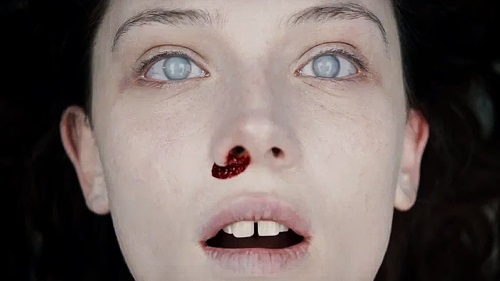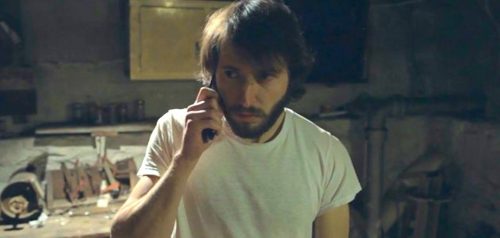Advances in computing power enable researchers to analyze novels to determine what makes some stories appealing and others less so. University of Vermont and the University of Adelaide researchers hypothesized that certain story arcs are more meaningful to humans. This built on a lecture by Kurt Vonnegut, where he made a similar hypothesis. The method basically entails looking at a novel as a line that bends down when happiness decreases and up when it increases, producing a visible emotional arc.
Analyzing more than 1,300 works in Project Gutenberg’s fiction collection, the researchers determined there are six primary emotional arcs that provide the foundation of complex stories. These emotional arcs, they found, correlate with greater success, measured in number of downloads. These are:
* “Rags to riches” stories, in which the arc rises over the course of the story
* “Riches to rags” stories, in which the arc falls over the course of the story
* “Man in a hole” stories, in which the emotional arc falls then rises
* “Icarus” stories, in which the arc rises then falls
* “Cinderella” stories, in which the arc rises, falls, then rises again
* “Oedipus” stories, in which the arc falls, rises, then falls again

The result is a fascinating analysis of what people want in a good story. If you’re a reader, what’s your favorite story arc? If you’re a writer, do any of these fit your stories?
Check out the research study here. A WASHINGTON POST article breaks it down here. Below is the Kurt Vonnegut lecture that illustrates the concept beautifully and presents two curves, one for “man in a hole,” the other for “Cinderella.”

 This is Jack London like you’ve never read him. In THE IRON HEEL, his sweeping Dystopian novel published in 1908, a young upper class woman meets a socialist firebrand and becomes entwined in his destiny to play a part in a bloody class war fought on the streets of America.
This is Jack London like you’ve never read him. In THE IRON HEEL, his sweeping Dystopian novel published in 1908, a young upper class woman meets a socialist firebrand and becomes entwined in his destiny to play a part in a bloody class war fought on the streets of America. Old friends Wyatt and Christian bump into each other in New York City. Christian is lonely after his girlfriend left him, so he invites Wyatt to stay at his apartment. He overcompensates for his insecurities (born from being a bullied skinny kid in high school) by working out and being aggressive on the job. Wyatt just left his fiancee. Their friendship looks promising to get them both through a rough patch.
Old friends Wyatt and Christian bump into each other in New York City. Christian is lonely after his girlfriend left him, so he invites Wyatt to stay at his apartment. He overcompensates for his insecurities (born from being a bullied skinny kid in high school) by working out and being aggressive on the job. Wyatt just left his fiancee. Their friendship looks promising to get them both through a rough patch.